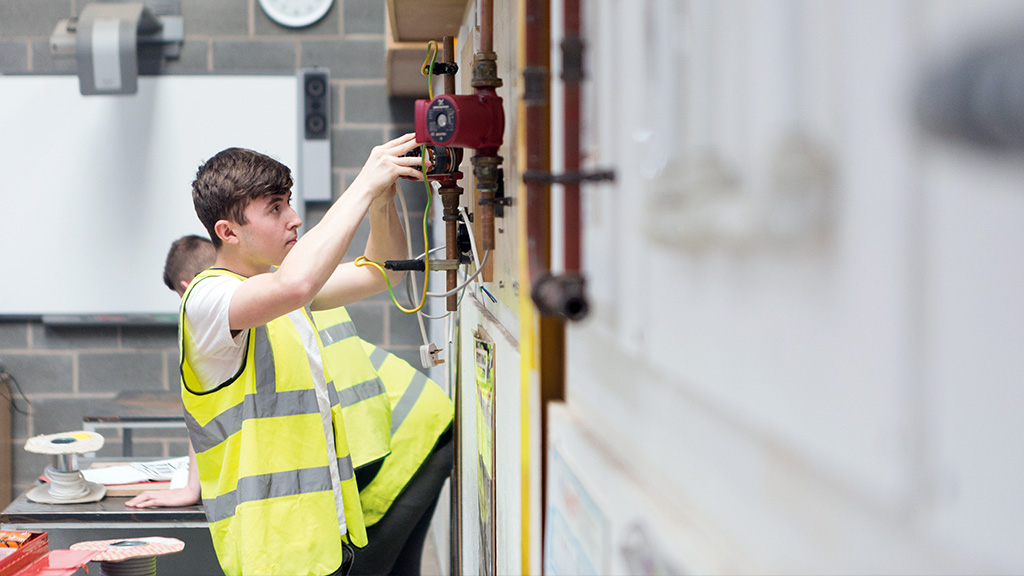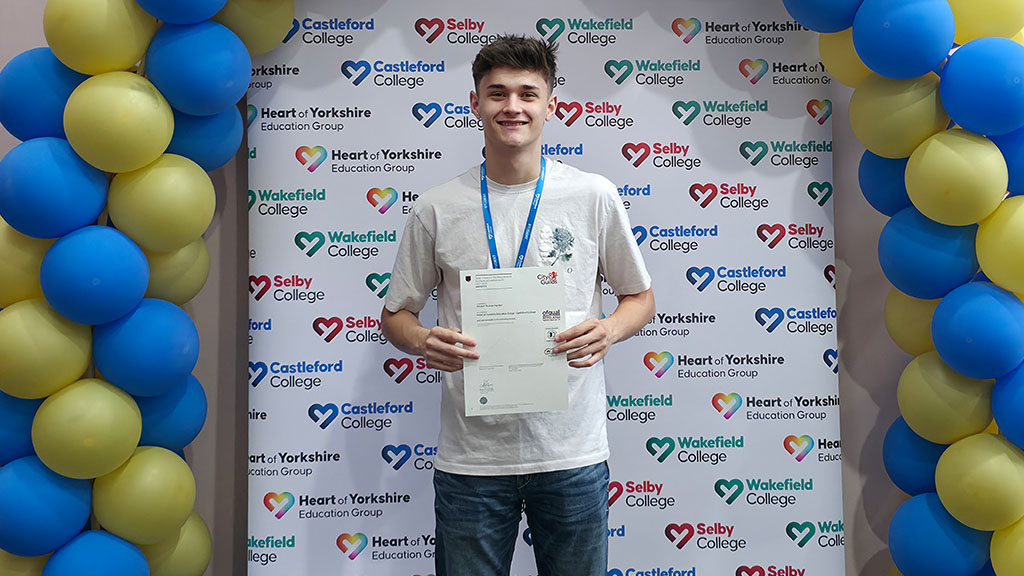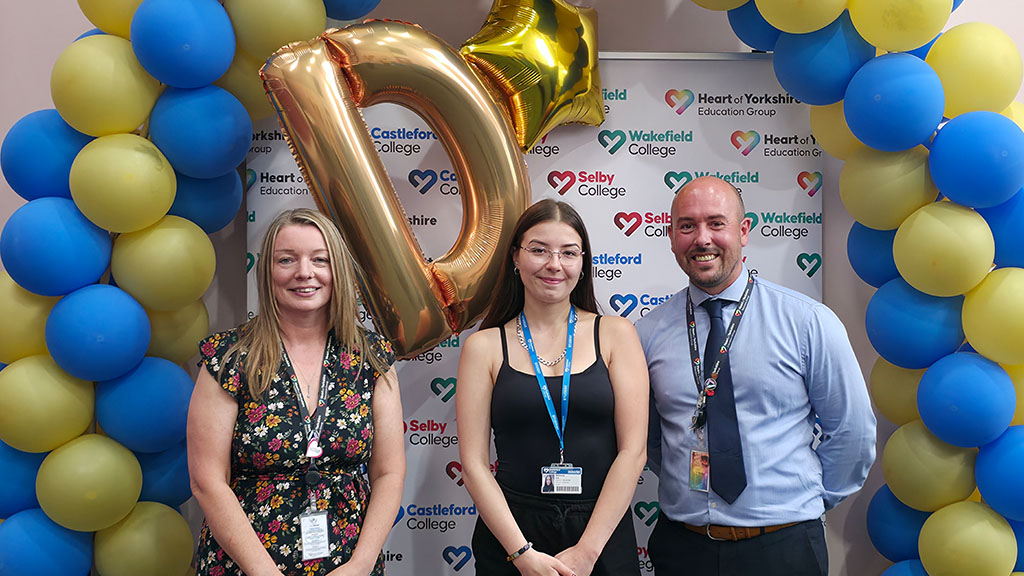Course Overview
This course can either be studied at Castleford College or Selby College.
Plumbers install and maintain numerous types of piping systems found in residential and commercial properties, power plants, water treatment facilities, waste disposal plants, and factories. A plumber can expect to work both inside and outside a building.
Plumbers are responsible for installing and maintaining various types of piping systems and fixtures found in buildings. As a plumber you will install and maintain the pipework for heating systems, install/renew boilers, radiators and the piping system; you will install/maintain the pipework for sanitary systems, baths, showers, wash basin and toilets.
An average salary for a qualified plumber is £31,200. A large number of qualified plumbers become self-employed, working at day rates £150 to £200. A self-employed plumber can expect an average salary above £38,000 per year.
As a newly qualified plumber, you can expect to earn £18,000.
This is an ideal course for those who are looking to learn on a full-time basis and have identified that they want to enter the construction/maintenance sector and have a career as a plumber.
On a Plumbing study programme, you will learn through classroom teaching and activity incorporating IT access. The college has designated plumbing craft workshops and through practical activity, you will develop your installation skills.
This learning is supplemented with engagement with industry specialists. The extent of this depends on the level of the study programme and varies from guest speakers and site visits to carrying out practical activity in a live environment supervised and assessed in this environment.
What You Will Study
All Construction related study programmes cover health, safety relevant to the plumbing and heating trade. They also aim to develop practical skills for this craft.
With this you will study:
- Plumbing Science
- Environmental Impact of Plumbing Installations
- How to Work Safely in a Construction Environment
- How to Carry Out Cold Water Installations
- How to Carry Out Hot Water Installations
- How to Carry Out Drainage Installations
- How You Will Be Assessed
Theory elements are assessed through examination, typically in March of that academic year. Practical skills are assessed through, and end of year synoptic assessment typically completed in May.
- Entry Requirements
4 GCSEs at Grade 9-4, including GCSE English, Maths and Science.
OR
GCSE English and Maths at Grade 9-4 with Level 1 Diploma Plumbing Craft.All learners will be required to complete a BKSB assessment.
- Further Study
On completion, you can progress as a full-time learner to the Level 2 or 3 Diploma in Plumbing Craft. Alternatively, if you have gained employment in the sector you may return as an apprentice on a day release basis to achieve a Level 2/Level 3 NVQ and Diploma.




